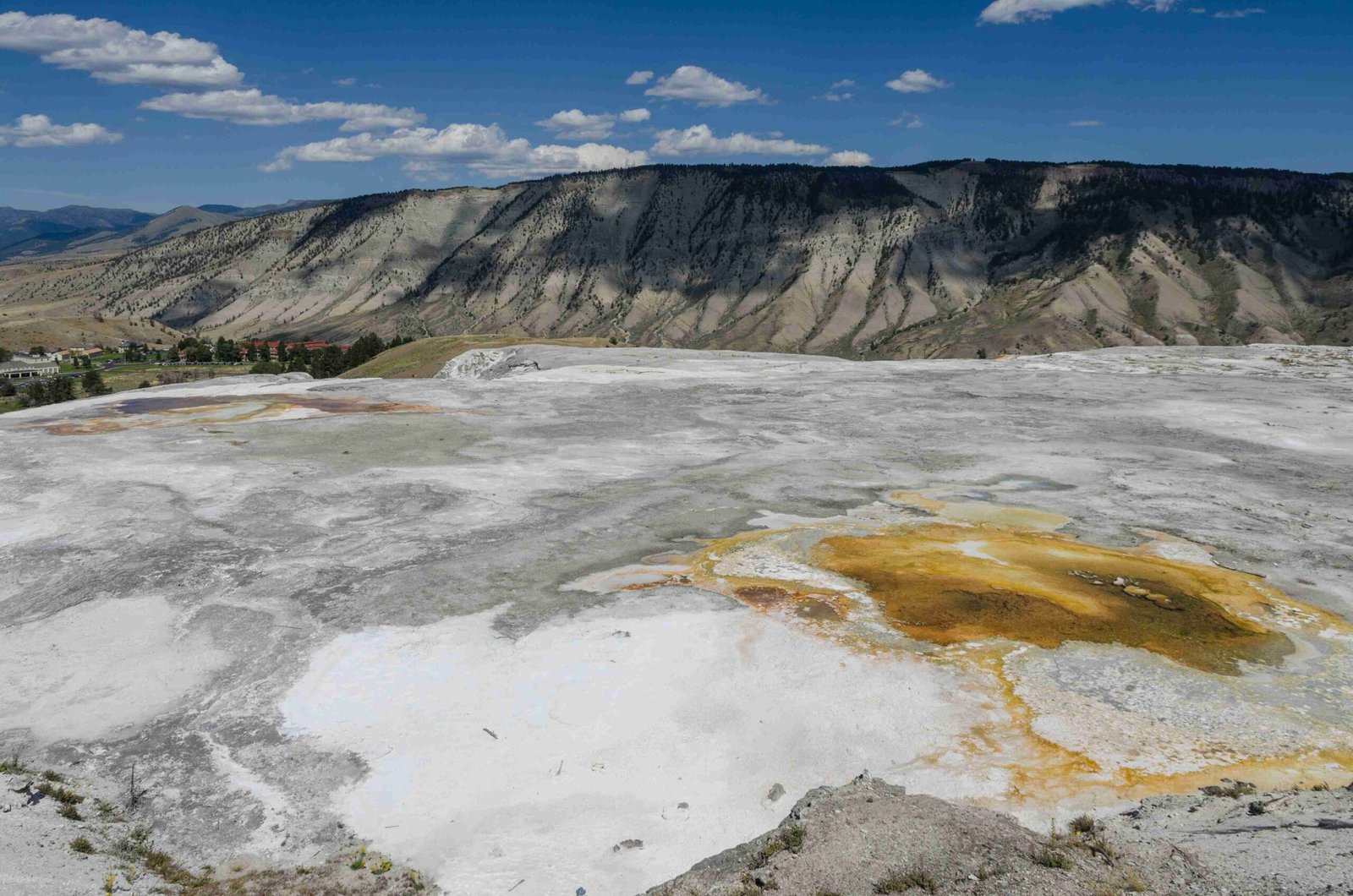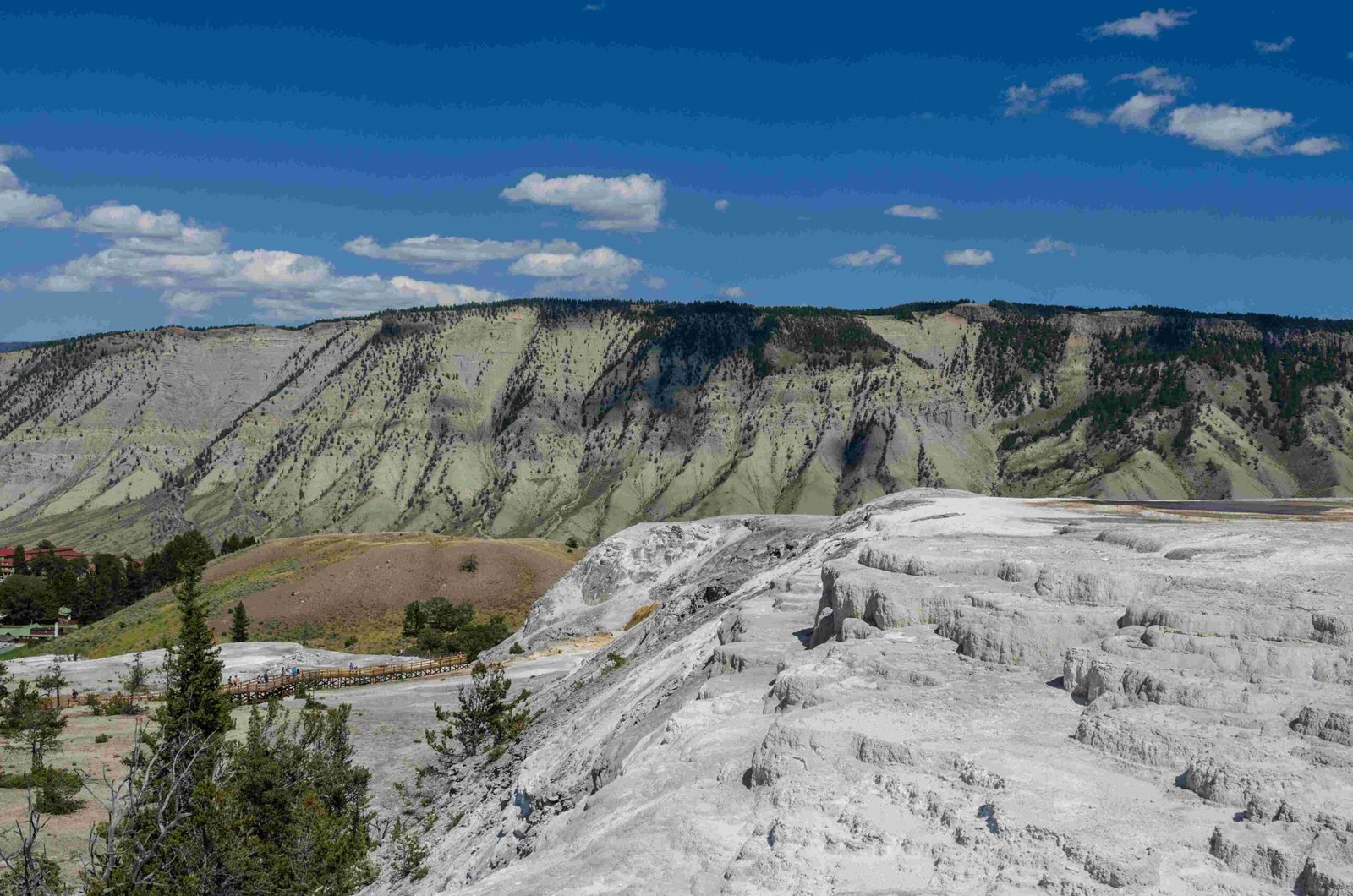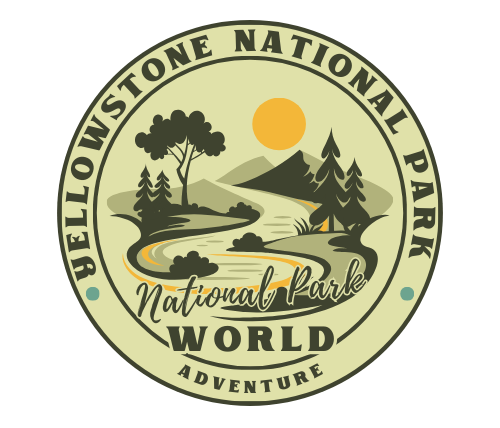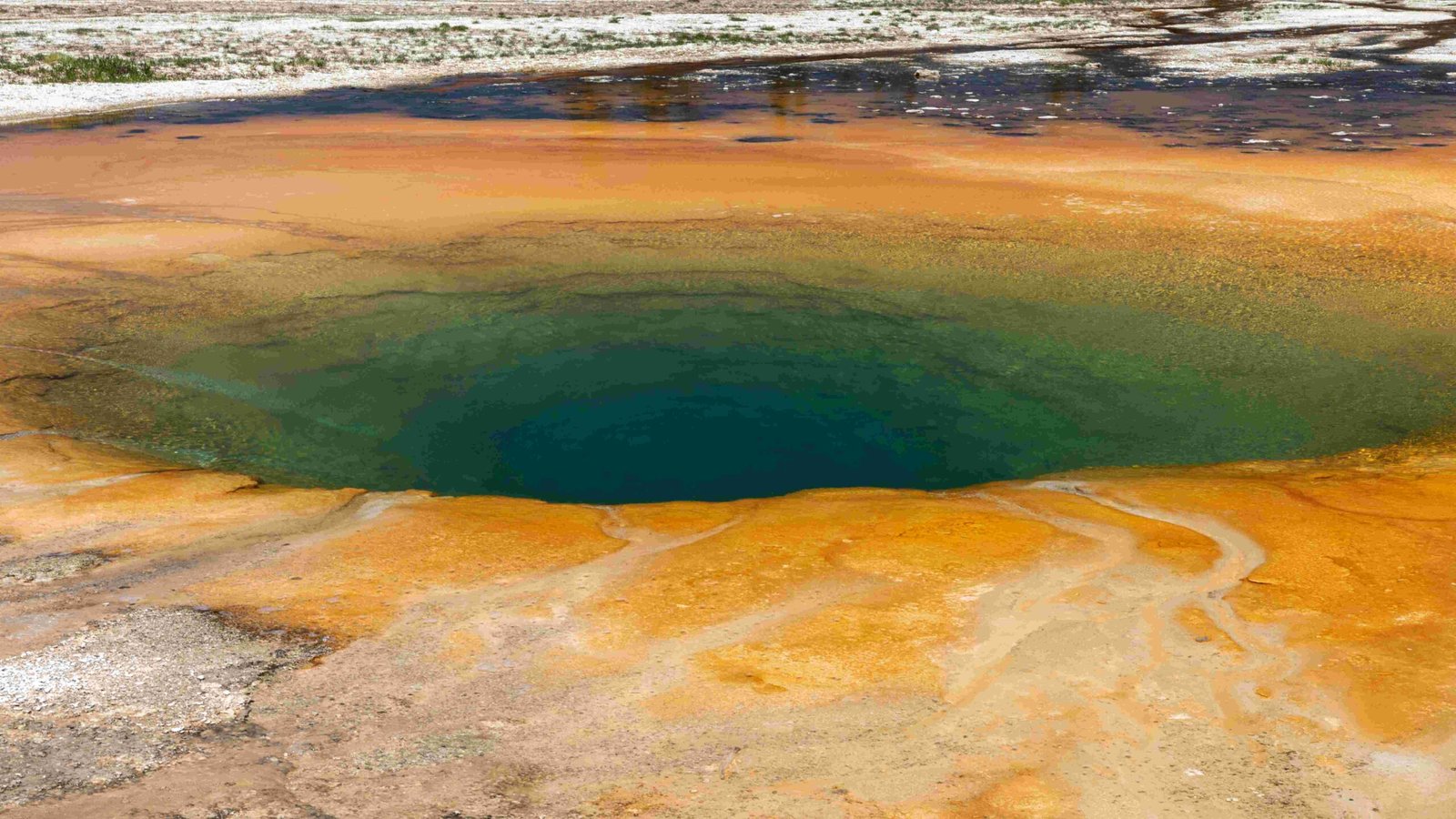Food lockers in Yellowstone National Park campgrounds are crucial for safe food storage and wildlife protection. These bear-proof containers are provided at many front-country campsites, ensuring visitors can securely store their food and scented items away from wildlife. Understanding the regulations, availability, and proper use of these lockers is essential for a safe and enjoyable camping experience in Yellowstone.
What Are the Specific Food Storage Regulations at Yellowstone National Park Campgrounds?

Yellowstone National Park has strict food storage regulations to protect both visitors and wildlife:
- Approved Containers: Only hard-sided containers approved by the Interagency Grizzly Bear Committee (IGBC) are allowed for food storage. These include:
- Backpacking and small storage containers
- Panniers/boxes
-
Coolers (must be properly secured)
-
Prohibited Items and Practices:
- Food, trash, and bear attractants (including cosmetics, toiletries, pet food) must not be stored in tents or tent trailers
- Items that don’t fit in approved containers must be hung from food poles or stored in NPS-installed bear-proof lockers
-
Ursack brand food storage bags are not permitted
-
Food Pole Usage: When using food poles, items must be hung:
- At least 10 feet from the ground
- 4 feet from tree trunks
Where Are Food Lockers Available in Yellowstone Campgrounds?

Food lockers are provided at many front-country campsites throughout Yellowstone National Park. While specific numbers for each campground are not available, here’s what we know:
- Availability: Bear-proof food storage boxes are widely distributed across campgrounds
- Locations: Lockers are typically placed strategically throughout campsites
- Access: Generally available on a first-come, first-served basis with no reservation requirements
What Are the Dimensions and Locking Mechanisms of Bear-Proof Food Lockers?
While exact dimensions are not specified, bear-proof food lockers in Yellowstone must meet certain standards:
- IGBC Approval: All lockers must be approved by the Interagency Grizzly Bear Committee
- Locking Mechanisms: Designed specifically to prevent bear access
- Cooler Requirements: If using coolers, they must have bolts or padlocks in the corners for bear resistance
How Can I Find Food Locker Locations in Yellowstone Campgrounds?
To locate food lockers and understand their accessibility:
- Park Resources:
- Contact Yellowstone’s Central Backcountry Office
-
Consult with park rangers upon arrival
-
Online Information:
- Check the official Yellowstone National Park website for updates
-
Look for interactive maps that may show food storage requirement areas
-
Campground Check-In:
- Ask for information about food locker locations during campground check-in
What Should I Know About Using Food Lockers in Yellowstone?
When using food lockers in Yellowstone campgrounds, keep these points in mind:
- Proper Usage:
- Store all food, trash, and scented items in lockers when not in use
-
Ensure the locker is properly closed and latched after each use
-
Capacity:
- Plan to share lockers with other campers if necessary
-
Prioritize essential items if space is limited
-
Timing:
- Use lockers for daytime storage when away from your campsite
-
Always store food and scented items in lockers overnight
-
Cleanliness:
- Keep lockers clean to avoid attracting wildlife
- Report any damaged or malfunctioning lockers to park staff
What Are Common Mistakes to Avoid When Using Food Lockers?
To ensure proper use of food lockers and maintain safety:
- Don’t Overfill: Ensure the locker can close completely
- Avoid Leaving Food Out: Even for short periods, always store food in lockers
- Don’t Forget Scented Items: Store all scented items, not just food
- Never Store Food in Vehicles: Cars are not bear-proof alternatives to lockers
- Don’t Assume Availability: Always have a backup plan for food storage
How Does Proper Food Storage Contribute to Wildlife Conservation in Yellowstone?
Proper use of food lockers in Yellowstone campgrounds plays a crucial role in wildlife conservation:
- Prevents Human-Wildlife Conflicts: Reduces the likelihood of dangerous encounters
- Protects Natural Behavior: Helps maintain natural foraging habits of wildlife
- Reduces Habituation: Prevents animals from associating humans with food sources
- Preserves Ecosystem Balance: Maintains the natural food chain and ecosystem dynamics
- Enhances Visitor Safety: Minimizes risks associated with wildlife attracted to human food
By adhering to food storage regulations and properly using food lockers, visitors contribute significantly to the preservation of Yellowstone’s unique ecosystem and wildlife.

